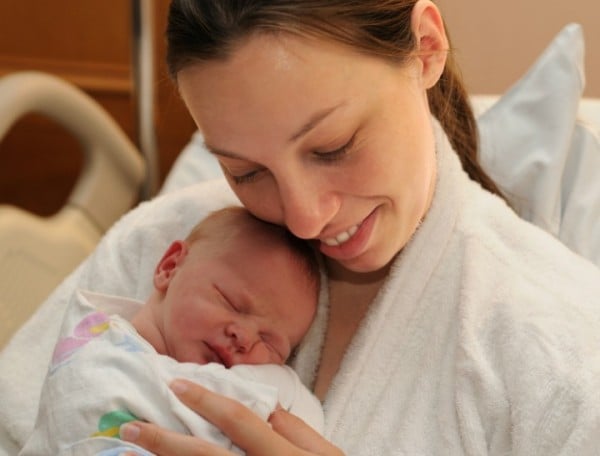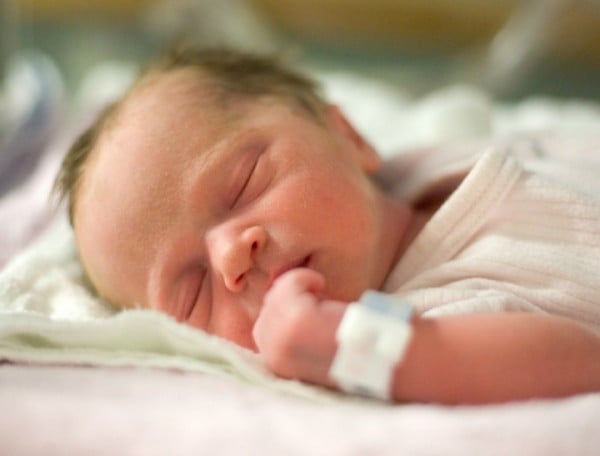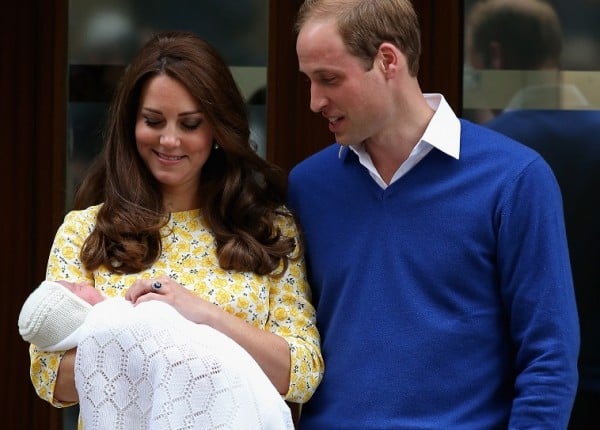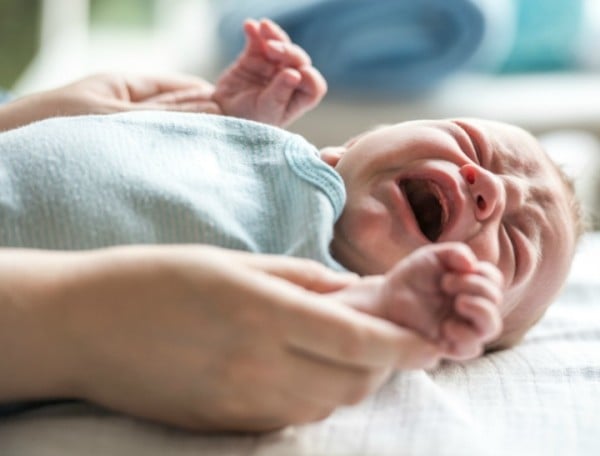
Anyone that’s had a baby knows the feeling of arriving home for the first time with your newborn.
The jet-lagged ache of your body, the glare of the harsh sun directly in your eyes for the first time as your leave the car, the sheer terror of what this next step will bring, knowing once you cross into your home you are expected to take over and know what to do for this tiny creature you just birthed.
Anyone that’s had a baby will remember turning to your partner with that stunned feeling of, “What now?”
So imagine doing it just four-hours – or even two-hours – after you gave birth.
































































































